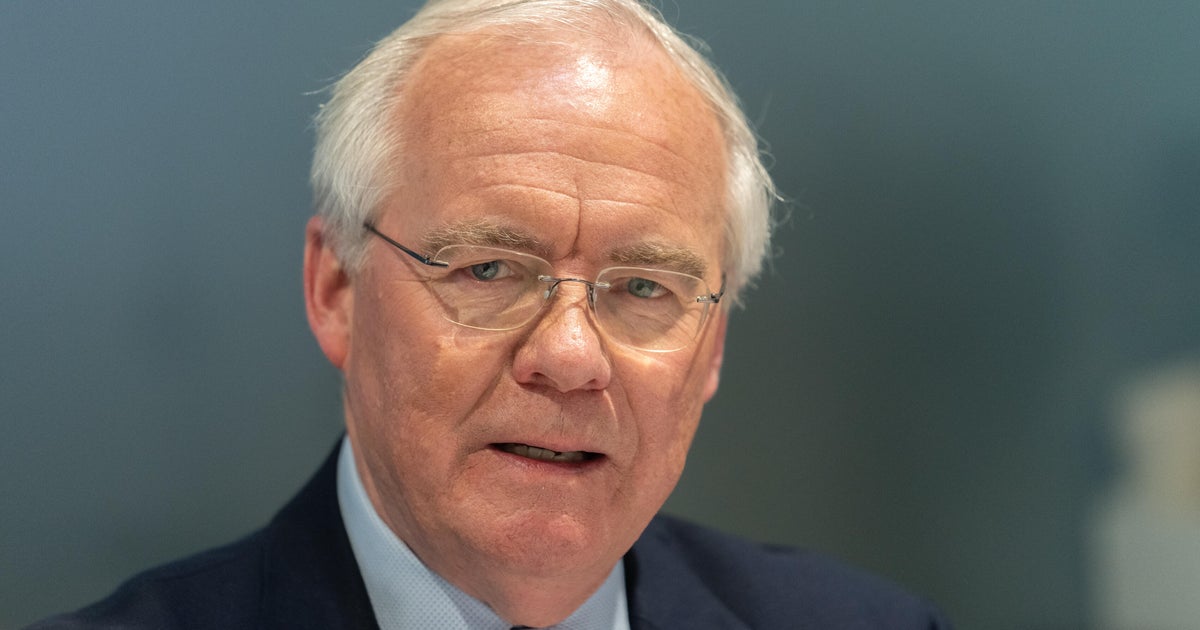Power company execs cleared of negligence in Fukushima nuclear disaster
Tokyo — Three power company executives were acquitted by a court in Japan on Thursday of negligence related to the 2011 Fukushima nuclear disaster. The meltdown caused by a tsunami after a powerful earthquake ranks as the worst nuclear disaster since Chernobyl.
The former managers of the Tokyo Electric Power Company (TEPCO) walked out of the Tokyo District Court on Thursday afternoon after a judge cleared them of any wrongdoing. The three executives, former TEPCO ex-chairman Tsunehisa Katsumata and ex-vice presidents Ichiro Takekuro and Sakae Muto were found not guilty of professional negligence for failing to anticipate and prepare properly for the disaster.
Their legal team successfully argued that the company could not have anticipated that the earthquake would trigger the enormous tsunami waves that led to the failure of the reactor's cooling systems.
Protesters outside the court held up signs reading, "all innocent, unfair judgement."
The crisis began when a magnitude 9 earthquake struck northeast Japan in 2011, unleashing waves more than 30 feet high.
The coastal power plant was inundated, crashing its power supply. Without a functioning cooling system, three reactors experienced core meltdowns. Three units were partially destroyed in hydrogen explosions.
The release of radioactive contamination forced 160,000 residents to evacuate. Prosecutors had argued that the Fukushima accident led to the deaths of 44 residents, some of them seriously ill hospital patients and the elderly, who were forced to flee.
In 2012, a commission appointed by Japan's legislature called Fukushima "a profoundly manmade disaster that could and should have been foreseen and prevented."
The case against the TEPCO executives is the only criminal case to have come from the disaster.
Thursday's ruling doesn't end the judicial process, as the plaintiffs are likely to appeal.
The nuclear plant itself remains in the midst of a prolonged and extremely complex decommissioning, which is expected to take decades.



